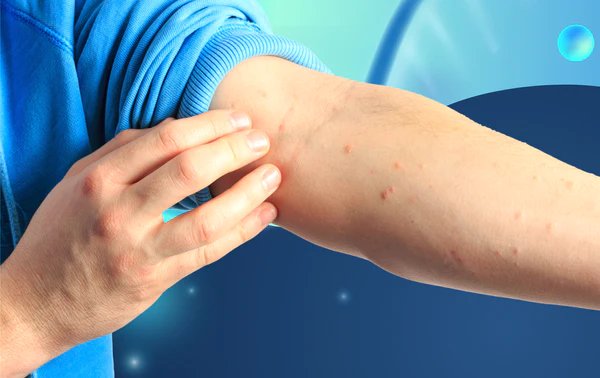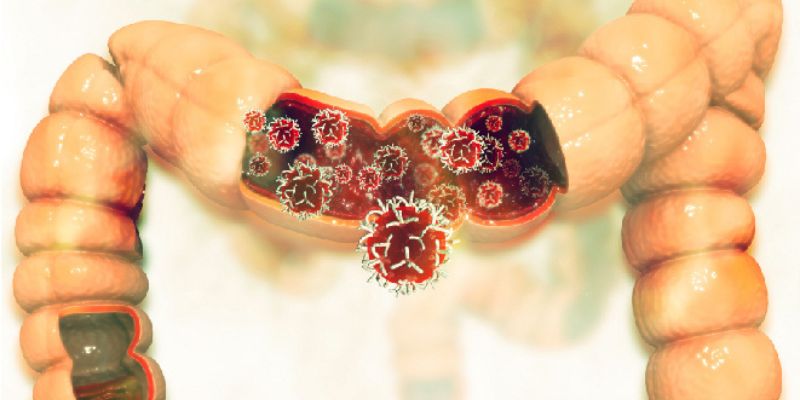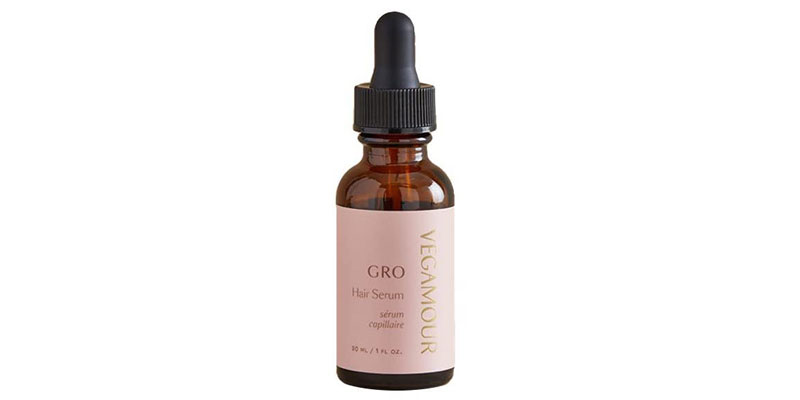Histamine intolerance is a condition in which the body does not process or break down naturally occurring histamines efficiently. This can lead to an accumulation of histamine and subsequent unpleasant symptoms, such as nausea, abdominal cramps, headaches, and skin rash.
Histamine itself isn’t necessarily bad; overproduction can cause issues for those with this condition. To better understand histamine intolerance and how it affects sufferers, let us look at the underlying causes, common symptoms, diagnosis methods, and available treatment options.
Understanding of Histamine Intolerance
Histamine intolerance is a condition where the body fails to process or break down histamines correctly. Histamines are produced naturally by our bodies and can also be found in certain foods, drinks, medications, and environmental factors.
When an individual has histamine intolerance, their body cannot properly metabolize these histamines leading to a build-up of the compound and resulting in uncomfortable symptoms. Common symptoms include nausea, abdominal cramps, headaches, skin rash, diarrhea, asthma-like symptoms, and more.
Symptoms of histamine intolerance
Nausea
Nausea is often the first sign of histamine intolerance and can be triggered by food, drink, or other environmental factors.
Abdominal cramps
Histamine intolerance may lead to abdominal pain due to inflammation caused by excess accumulation of histamines.
Headaches
People with histamine intolerance often experience headaches due to an overabundance of histamines in the body, causing inflammation and irritation.
Skin rash
An accumulation of histamine can cause redness and itching on the skin due to inflammation, often in the form of a rash.
Diarrhea
Diarrhea is sometimes caused by histamine intolerance since an excess of histamines can disrupt the balance of gut bacteria and alter digestion.
Asthma-like symptoms
People with histamine intolerance may experience shortness of breath or cough due to inflammation in the respiratory tract caused by high levels of histamines.
Difficulty sleeping
A build-up of histamines can cause difficulty sleeping, raising the heart rate and leading to anxiety.
Flushing and dizziness
High levels of histamines can cause flushing and dizziness due to inflammation in the blood vessels leading to increased pressure on them.
Fatigue
People with histamine intolerance may become easily tired due to a lack of sleep caused by an accumulation of histamines in the body.
What causes high histamine levels?
The most common cause of high histamine levels is an allergy. However, other factors, such as genetic predisposition, certain medications, or underlying health issues, can contribute to the condition. Additionally, certain foods and drinks contain naturally occurring histamines which can cause a build-up in those with histamine intolerance.
Controlling Histamine levels with Diet
Foods to Avoid
Certain foods are known to contain higher levels of histamine and should be avoided by those with histamine intolerance, such as:
•Processed meats
•Alcohol
•Cheeses
•Fermented foods
•Spinach
•Tomatoes
Foods to include
Including certain foods in your diet can help reduce the symptoms of histamine intolerance. Foods high in vitamins B6 and C and omega-3 fatty acids may help reduce inflammation and improve histamine metabolism. These include:
•Berries
•Wild-caught fish
•Leafy greens like kale and spinach
•Avocados
Diagnosing Histamine Intolerance
Since the symptoms of histamine intolerance frequently resemble those of other disorders, diagnosing it can be challenging. Your doctor can suggest a blood test or skin prick test that counts the histamines in your body to identify histamine intolerance.
Your doctor may also conduct an elimination diet, eliminating all foods known to contain high levels of histamines from your diet for 2-4 weeks and reintroducing them one at a time after that period. This will help identify which foods cause a reaction and should be avoided by those with histamine intolerance.
In some cases, doctors may recommend taking antihistamines to reduce symptoms associated with histamine intolerance. While these have been shown to provide temporary relief from symptoms, they do not address the condition's underlying cause.
Causes of Histamine Intolerance
1. Allergies
Allergies can cause the body to produce more histamines in response, leading to increased sensitivity and a build-up of histamines.
2. Intestinal Damage
Certain medications or illnesses may damage or weaken the intestines, leading to an overgrowth of bacteria that produce high levels of histamine in the body.
3. Genetic Predisposition
People with certain genetic mutations are more likely to have an impaired ability to break down histamines properly, resulting in an accumulation of this compound in their bodies.
4. Bacterial Overgrowth
An imbalance of gut bacteria can lead to excessive amounts of histamine production, contributing to intolerance symptoms.
5. Stress
Stress can cause an increase in histamine levels, leading to more severe symptoms for those with histamine intolerance.
6. Low Vitamin B6 and C Levels
Vitamin B6 and C are needed to help break down histamines properly, so either deficiency can contribute to increased sensitivity and sensitivity reactions.
7. Preservatives
Certain preservatives used in food may contain high amounts of histamines which can trigger a reaction in people with histamine intolerance.
8. Aging
As we age, our body's ability to metabolize certain compounds decreases, resulting in an accumulation of histamine in the body leading to intolerance symptoms.
9. Alcohol Consumption
Alcohol can increase the production of histamines, making it more difficult for those with histamine intolerance to process them properly.
Treatment Tips
1. Avoid Trigger Foods
It is important to identify foods that trigger an increase in histamines and avoid them where possible. This can help reduce the severity of symptoms associated with histamine intolerance.
2. Take Dietary Supplements
Taking vitamins B and C supplements can help boost your body’s ability to metabolize histamines properly, reducing symptoms. Additionally, probiotics may help rebalance gut bacteria if this contributes to your condition.
3. Talk to Your Doctor
If you suspect you have histamine intolerance, you must talk to your doctor about the diagnosis and treatment options available.
4. Practice Stress Management
Managing stress levels is essential for those with histamine intolerance as stress can cause an increase in histamine levels. Practicing relaxation techniques such as yoga, meditation, or deep breathing can help reduce stress and its associated symptoms.
5. Get Enough Sleep
Getting enough sleep is essential for those with histamine intolerance since histamines interfere with sleep patterns. Aim for at least 8 hours of restful sleep per night to reduce the severity of symptoms associated with this condition.
Living with Histamine Intolerance
Histamine intolerance is not life-threatening but can be uncomfortable and inconvenient for those suffering. Following a few simple steps can go a long way in helping manage the condition; avoiding trigger foods, taking dietary supplements, talking to your doctor about diagnosis and treatment, reducing stress levels, and getting enough restful sleep. With the right approach, you can live your life to the fullest despite histamine intolerance.
FAQs
What is the main cause of histamine intolerance?
The main causes of histamine intolerance are allergies, intestinal damage, genetic predisposition, bacterial overgrowth, stress, low levels of vitamins B6 and C, preservatives in food, aging, and alcohol consumption.
Can antihistamines help with histamine intolerance?
Antihistamines can temporarily relieve symptoms associated with histamine intolerance but do not address the underlying cause. Speaking with your doctor about your condition's diagnosis and treatment options is important.
What foods should I avoid if I have histamine intolerance?
Those with histamine intolerance should avoid certain foods with higher levels of histamines, such as processed meats, alcohol, cheeses, fermented foods, and tomatoes.
Conclusion
Living with histamine intolerance can be difficult, but managing the symptoms and leading a happy, healthy life is possible. Identifying trigger foods, taking dietary supplements, talking to your doctor about diagnosis and treatment options, reducing stress levels, and getting enough restful sleep can all help reduce symptoms associated with this condition. You can achieve a better quality of life despite histamine intolerance with the right approach.





